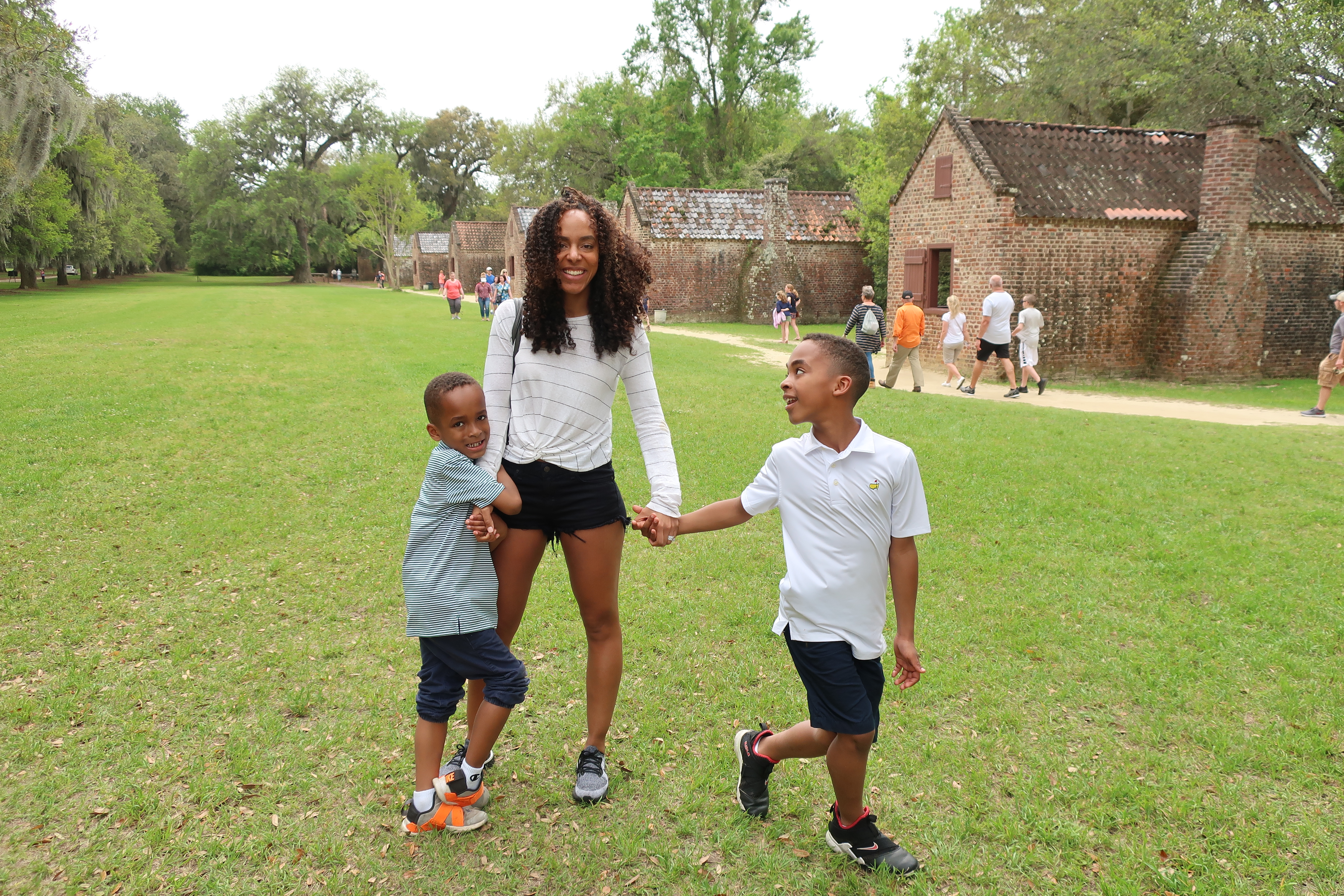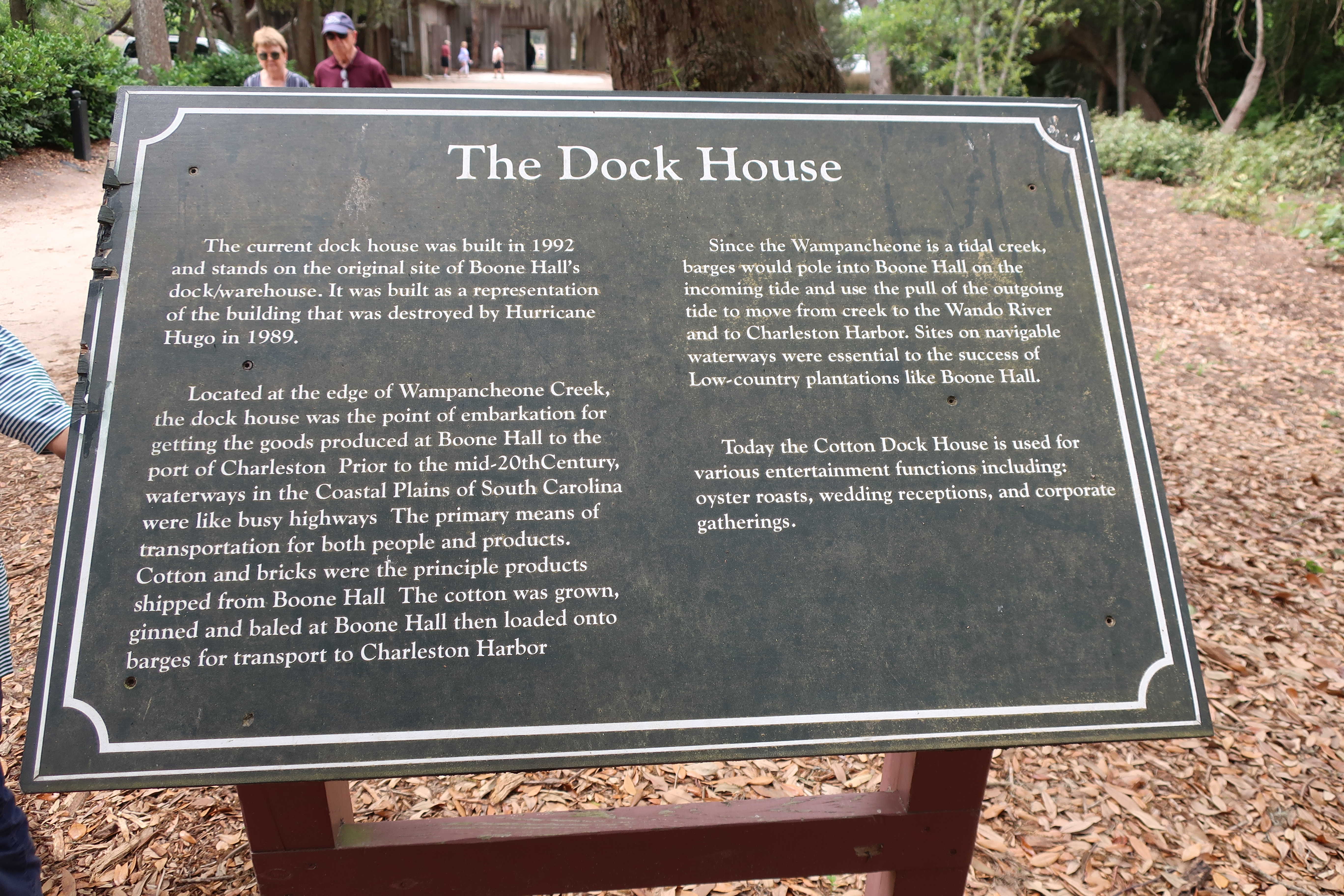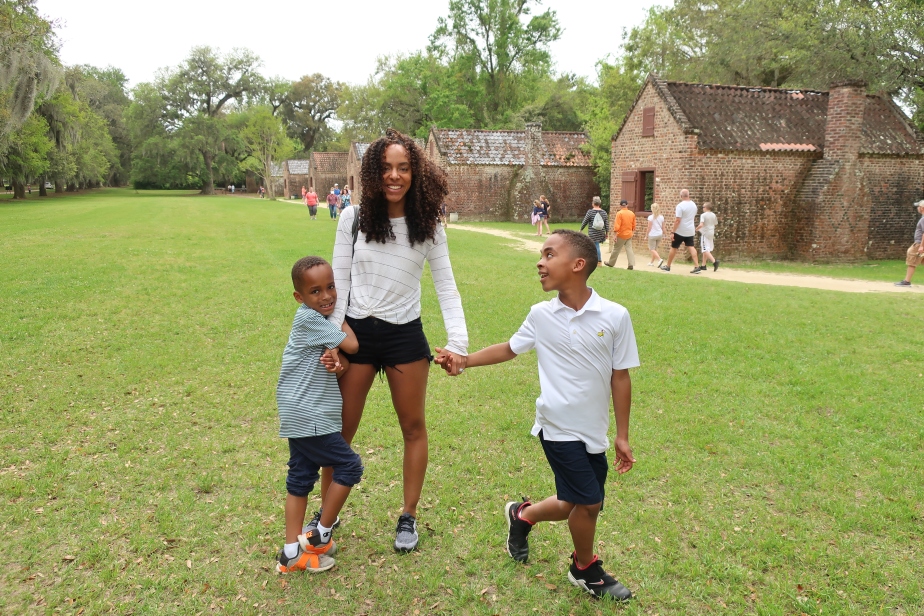

Spring break 2019… We rented a house (Kiawah Island, SC) and planned a week of fun at the beach (and golf course / tennis courts). I had been to South Carolina before as a kid (Hilton Head and Leesville — experienced my first bit of scary racism there), but never as an adult, so I was excited to control the agenda. To get to Kiawah Island, you fly into Charleston, and I remembered that my grandmother (my dad’s mom) was born not far from there in a town called Moncks Corner. This got me thinking: I don’t know a lot about that branch of my family tree.
Moncks Corner, like the rest of America, was settled by indigenous people for thousands of years before the colonial era and slavery. Slavery is what brought my ancestors to South Carolina. According to multiple historians, anywhere from 40 to 60 percent of the Africans who were brought to America during the slave trade entered through ports in South Carolina’s Lowcountry. As a child, I found it embarrassing to acknowledge that I was a descendant of slaves. As an adult, I embrace it and I draw strength from thinking about everything my ancestors endured. That said, it makes me sad that I don’t know that much about that part of my family. Where in Africa are we from? What language did we speak? Customs? Food? Some of those questions I may never be able to answer, but I can trace back my roots through South Carolina and that’s what I decided to do. It was important to me that on this trip, we visit a plantation, even though I knew it would be painful.
We went to Boone Hall Plantation: https://www.boonehallplantation.com. The plantation is somewhat famous (it was used for scenes in “The Notebook”). But more importantly, Boone Hall Plantation now focuses on education, and provide guests with lots of information. This was a sad time in our nation’s history, with lots of evil, but we must face it and learn from it. At its height, Boone Hall Plantation had 85 slaves; needless to say, that enriched the master/master’s family, and ruined the lives/immediate futures of all the slaves. We visited the “big house,” but the most impactful part of our day was the “History of Boone Hall” presented from a Gullah perspective. The Gullah are African Americans who live in the Lowcountry region of South Carolina (to this day). They developed a creole language, and a culture rich in African influences. I believe that I am Gullah. There is still so much that I am researching with respect to this part of my family. Boone Hall Plantation is not literally where my ancestors shed tears and bled, but it’s close, and I am one step closer.
My children are too young to fully comprehend this visit, but I am really thankful to have shared this experience with them.
I want to close out this blog by sharing a post that the Equal Justice Initiative made earlier today:
“On this day, South Carolina passed the Negro Act of 1740 prohibiting enslaved African people from growing their own food, learning to read, moving freely, assembling in groups, or earning money. It also authorized white owners to whip and kill enslaved Africans for being ‘rebellious.’ To overcome racial inequality, we must confront our history.”
This meaningful day was part of a great trip. It’s true that you have to “know where you came from to know where you’re going” and I am hopeful.

